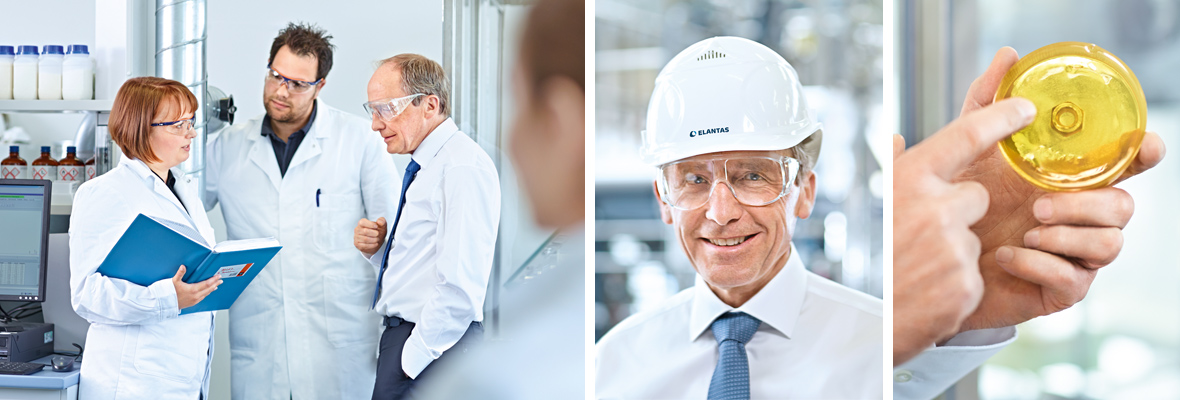Whether it’s for a wind turbine or a conveyor system, a drill or a hairdryer – motors in small electrical devices and in large plants need insulation for their electrical coils. The insulation is applied in the last manufacturing step. In an impregnating plant, the motors are dipped in the insulating material, which has to harden in a special oven.
Traditionally, the hardening phase has required a great deal of energy and produced substantial emissions. The oven continually needs fresh air, which has to be warmed up. At the same time, the hardening process generates emissions that have to be filtered out using special exhaust air purification systems. This is particularly the case with solvent-based impregnating resins used in conventional procedures.
For many years now, researchers at ELANTAS Beck have been working to reduce the energy consumption and emissions of their insulating materials. To this end, they initially developed so-called impregnating resins under the brand name Dobeckan. These products contain unsaturated polyester resins instead of solvent-based formulations. This alone reduced emissions considerably. In addition, less energy was needed, since the resins hardened at lower temperatures and in a shorter time than conventional coatings.
Dobeckan MF – A Breakthrough in Climate Protection
But the decisive breakthrough in climate protection was made with Dobeckan MF, where MF stands for monomer free. “This product family is the result of our targeted research,” explains Dr. Klaus-Wilhelm Lienert, head of R&D at ELANTAS Beck. The special challenge was to develop environmentally friendly resins that could be integrated smoothly into customers’ manufacturing processes. The formulations had to ensure that the insulating materials could resist the diverse mechanical, thermal, and chemical loads they were subjected to.
The result is unique worldwide. “Our monomer-free products are the only ones that combine ecological advantages with economic efficiency to this extent. They enable our customers to reduce their production costs considerably,” says Lienert.
The monomer-free insulating materials are based on polyester resins that harden without monomers. As a result, virtually no emissions are produced when the materials are processed and there is no need for waste air purification. That saves energy. Furthermore, monomer-free resins are toxicologically safer than other resins, as they dispense with harmful substances such as styrene.
Today, a fifth of the impregnating resins produced by ELANTAS Beck are monomerfree products. Manufacturers in Europe are more than happy to take these products on board. Although they first have to invest in new impregnating plants, insulation of motors with monomer-free resins is not only more environmentally compatible, but, due to the energy savings, more economic to boot.
